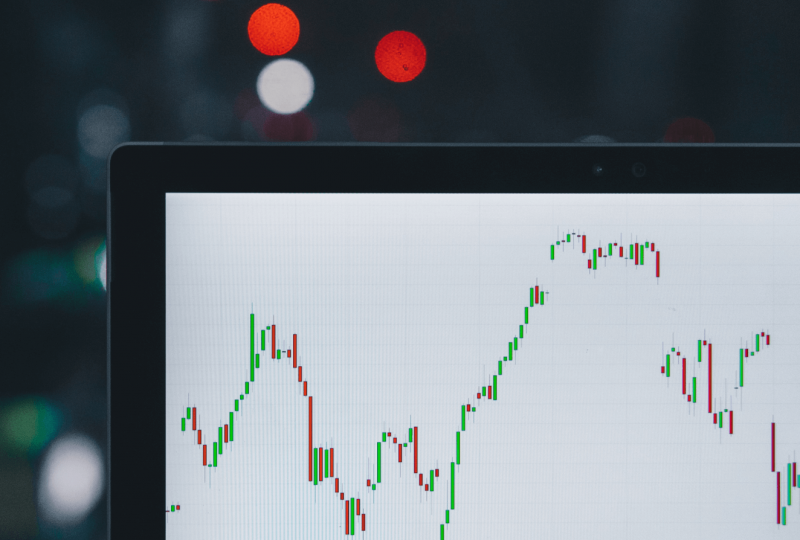What is CFD liquidity?
May 30, 2021

CFD contracts fall into the category of assets characterized by the highest demand among traders. In the broad sense, these contracts empower an investor to obtain profits without holding the underlying assets. Profits result from price movement. Let’s dive into this instrument deeper to understand why CFD liquidity is important for both traders and brokerage companies.
The fast-growing popularity of CFDs
According to statistics, the CFD trading volumes have skyrocketed by 193% in 2020. The instruments attract crowds of newer entrants; this is why brokerage companies understand the potential of contracts for differences. On the other hand, the trading sphere is fiercely competitive and a broker needs to offer the ultimate quality of services.The foremost concern is to understand the legal norms related to CFD trading. For instance, the USA and Brazil ban such an instrument, and your company cannot ignore this factor. As for the vast majority of other jurisdictions, there is no specific regulation, and brokers can offer this instrument for traders.
What are the types of CFD contracts?
Contracts for differences are a deal between traders and brokers; this is why the instrument can be related to diverse assets:Forex (fiat currencies);Cryptocurrencies;Stocks;Metals, etc.When traders open a contract, they don’t buy such assets directly. Furthermore, CFD contracts for a certain asset may exceed the number of its circulating supply. For instance, the circulating supply of Cardano is 32.04 billion but traders may award contracts for more coins, as they don’t purchase them directly. The asset’s price is determinant in such a case.What are crucial factors for traders to select a certain brokerage company? Liquidity belongs to the list of determinant criteria.
What is the notion of contracts for differences liquidity?
First and foremost, we need to understand what liquidity means in the broad sense. The notion refers to the ability of an asset to be purchased or sold by the market price within the shortest terms. The growing interest in CFDs influences its liquidity growth, as the market attracts crowds of new players. Meanwhile, the trading volumes of CFD and FX markets are totally different; this is why CFD brokers need liquidity providers even more than Forex ones.While talking about Forex trading, a brokerage company may theoretically act as a liquidity provider by itself, matching bid and ask orders of traders, and 12 trading pairs form more than 90% of the overall trading volumes. As for CFD contracts, the number of traders is fewer, while contracts are offered for a wide range of assets (FX currencies, digital assets, etc.). This is why a reliable CFD liquidity provider is among the highly demanded factors for a brokerage company.
How to select a trustworthy liquidity provider for CFDs?
While talking about the best liquidity providers, the following aspects do matter:Credit risks. Such providers operate in the over-the-counter field; this is why providers should be reliable and experienced from the viewpoint of credit risks.Available instruments. Some brokerage companies are going to offer contracts for FX or cryptocurrencies only. Other brokers suggest the fullest scope of instruments for traders. The more instruments a provider covers, the better.Innovative technologies. Progressive providers empower a brokerage company to connect API and other technologies.Customer support. Professional and trustworthy CFD liquidity providers guarantee high-end 24/7 support for brokerage companies.This said, CFD liquidity is exceptionally important for brokers offering such contracts for traders. Compare strong points of different liquidity providers to come up with the best decision.
Wondering how these solutions can boost your business?
Leave a request, and let our experienced team guide you towards unparalleled success and growth.




